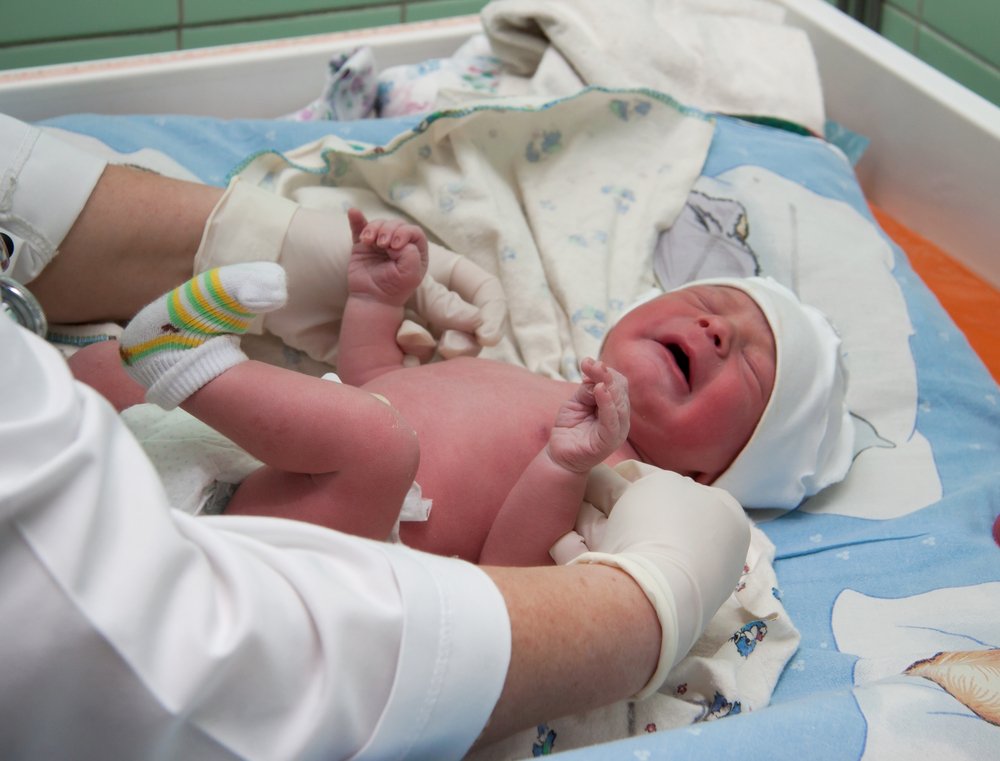Let’s talk about circumcision, a topic that can be interesting and maybe even polemic. Circumcision is a surgical procedure in which the foreskin, that piece of skin covering the tip of the penis and acting as a sort of protection, is removed. In some cultures, circumcision is part of traditions and rituals, while in other cases, it is performed for medical reasons. For example, in countries where Judaism is widely practiced, almost all male babies go through this procedure.
Now, let’s dive into the controversy surrounding circumcision. Some experts say that it’s not necessary to recommend it for every child. The American Academy of Pediatrics even mentions that the benefits may not be significant enough to make a definitive decision. However, they also emphasize that the choice should rest with the parents. After all, you know what’s best for your little one!
When it comes to benefits, some studies suggest that circumcision may reduce the likelihood of urinary tract infections, sexually transmitted diseases, and even penile cancer; and complications like bleeding or infections are very rare. The World Health Organization recommends that, if you decide to go for it, you put it in the hands of the experts. It’s important that the procedure is performed by healthcare professionals in suitable settings. And of course, informed consent from the individual, or parents in the case of children, is necessary. The decision to opt for circumcision should be personal, as each case is unique. Take the time to evaluate the specific risks and benefits before making a decision.
In summary, during pregnancy, it’s important for you and your partner to have a conversation about this topic. Remember, the decision about circumcision is personal and depends on your beliefs. Make sure to gather all the information you need and make a decision that makes you feel secure and happy for your little one’s future!









One Response
Great Post ! Thanks for sharing such an informative information in very positive manner. I agree with you that baby circumcision have numerous medical benefits and it should be performed in early age of child.